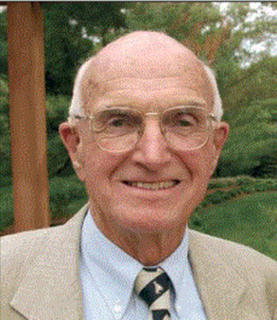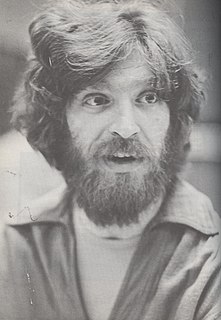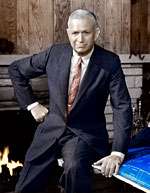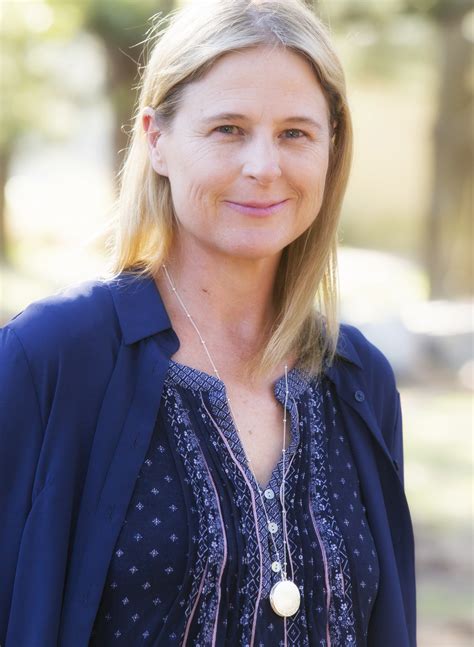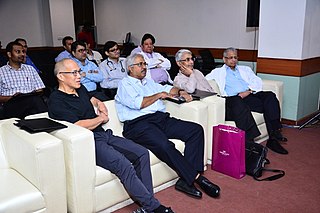A Quote by Joe Murray
Related Quotes
If you have a patient in a doctor's office who's just been told they have terminal cancer but there's this operation they could perform right now that might save their lives. ... They have a 90 percent chance of surviving the operation — if you tell them that, they respond one way. If you tell them ... that they have a 10 percent chance of being killed by the operation, they are about three times less likely to have the operation.
I hate those TV shows where characters talk about one thing, such as their patient on the operation table (let's say they're a doctor), then you realize they're actually talking about actually talking about themselves. The patient's open-heart surgery is nothing compared to their own messed-up heart or whatever. It's selfish. And means they're not concentrating, which is medical negligence.





